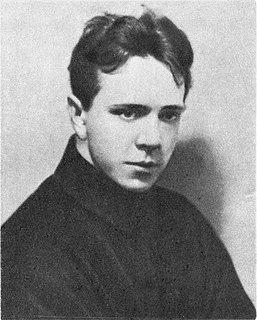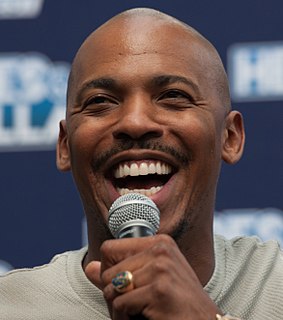A Quote by Benjamin Spock
Physical punishment teaches children that the larger, stronger person has the power to get his way, whether or not he is in the right, and they may resent this in the parent-for life.
Related Quotes
Without a sense of the shame or guilt of his or her action, the child will only be hardened in rebellion by physical punishment. Shame (and praise) help the child to internalize the parent's judgment. It impresses upon the child that the parent is not only more powerful but also right. Like the Puritans, Locke (in 1690), wanted the child to adopt the parent's moral position, rather than simply bow to superior strength or social pressure.
When you really concentrate, you will get a sense of expansion. You will feel that you are larger person than you are physically, as if you become a person two or three sizes bigger than your ordinary physical self, and that you are flowing with all your being toward the object of your concentration. Whether it is a physical thing or an image that you are concentrating on, your whole invisible person will be in movement.
Two questions help us see why we are unlikely to get what we want by using punishment... The first question is: What do I want this person to do that's different from what he or she is currently doing? If we ask only this first question, punishment may seem effective because the threat or exercise of punitive force may well influence the person's behavior. However, with the second question, it becomes evident that punishment isn't likely to work: What do I want this person's reasons to be for doing what I'm asking?
The physical power to get the money does not seem to me a test of the right to tax. Might does not make right even in taxation. To hold that what the use of official authority may get the state may keep, and that if it cannot get hold of a nonresident stockholder it may hold the company as hostage for him, is strange constitutional doctrine to me.
The power of magic has no known limits. A person knows, in a fair way, his own physical capacities, the weight of the blows he can deal, the furthest range of his arrows, the strength of his voice, the speed and endurance of his running; but the reaches of his mind are indefinite and, to his feeling, infinite.
Hades raised an eyebrow. When he sat forward in his throne, shadowy faces appeared in the folds of his black robes, faces of torment,as if the garment was stitched of trapped souls from the Fields of Punishment, trying to get out. The ADHD part of me wondered, off-task, whether the rest of his clothes were made the same way. What horrible things would you have to do in your life to get woven into Hades' underwear?
I have no way of knowing whether or not you married the wrong person. But I do know that if you treat the wrong person like the right person, you could well end up having married the right person after all. It is far more important to BE the right kind of person than it is to marry the right person.





































